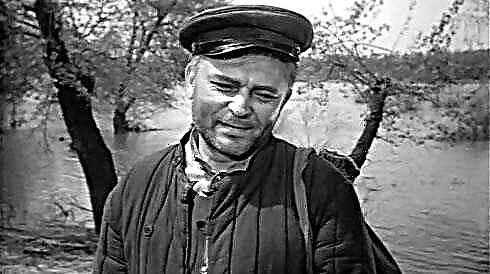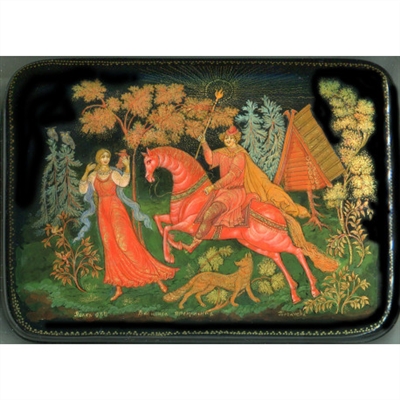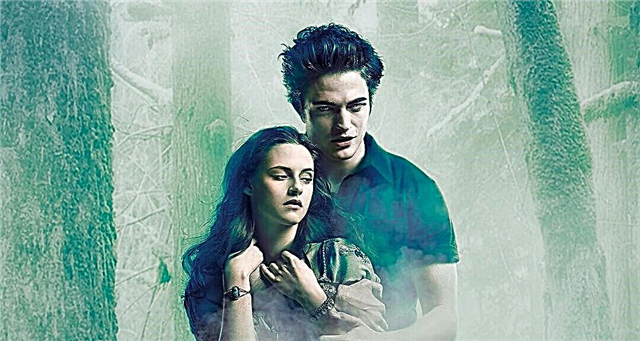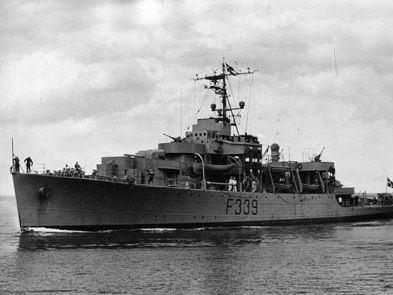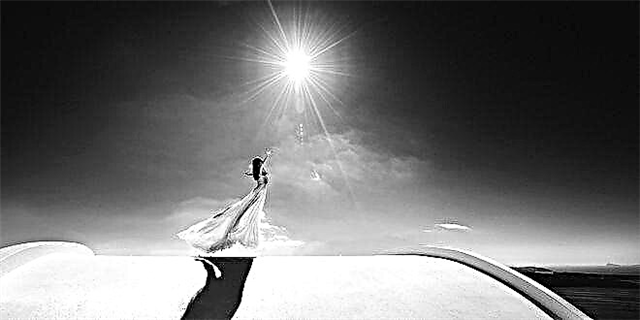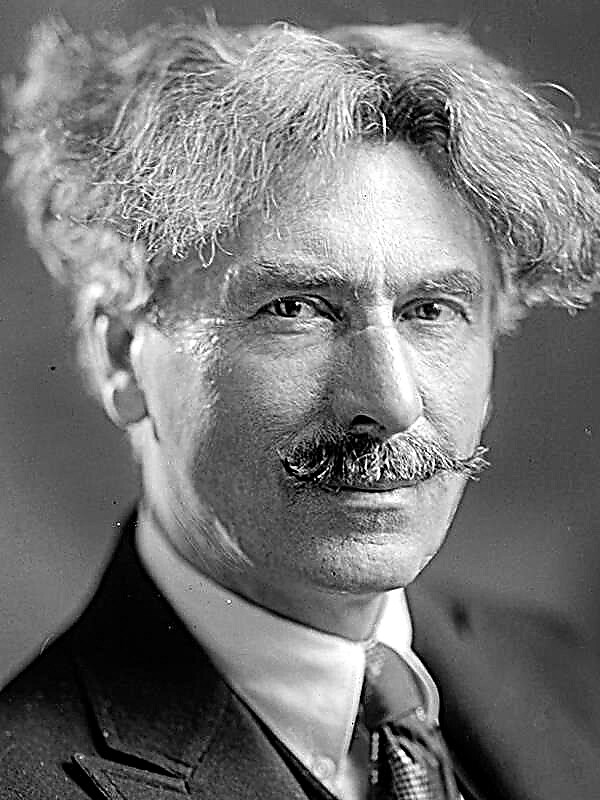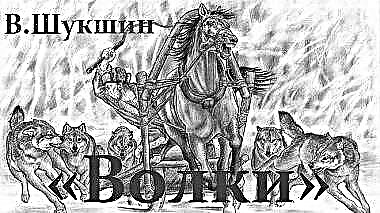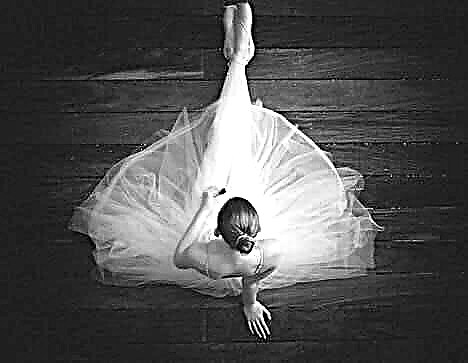: Having survived two loves in childhood, the young writer leaves for another country. He believes that only in hardship are masterpieces born. Having met his beloved again, he realizes that art requires love.
Schoolboy Tonio Kroeger is in love with a classmate of Hans. They walk together, Tonio escorts him home. Kroeger invites Hans to read Schiller's Don Carlos, but he is even more interested in horse drawings. Tonio feels lonely and misunderstood.
Tonio is also in love with Inge (Ingeborg Holm). For her sake, he goes to a dance teacher. But Inge does not pay attention to him, but he is tormented and mistaken in a quadrille. Another girl is in love with Tonio, but he is already beginning to understand that happiness is not in being loved, but in catching fleeting moments of closeness to her lover.
The Kroeger family is ruined, the company is being sold, the mother is getting married a second time. Having matured, Tonio leaves for another city. As a writer, he understands that without love, the heart is dead, and seeks carnal pleasures, debauches, for which he constantly reproaches himself. Tonio's moral suffering strengthens his talent. He does not work for food, simply life without work does not exist for him. Kroeger believes that good works arise only in the struggle against difficulties, and one must die in order to create great art.
Tonio lives in Munich and often communicates with friends: an artist, his same age, and a short story writer.Friends have a long debate about art and its role in it.
Tonio moves to Denmark, visiting his hometown on the road near the Danish border. Having stayed at the best hotel, Tonio goes to the house of Hans, recalls their walks. Kroeger’s home is now a public library. On the way to Denmark, the writer is stopped by the police and demands documents, but Tonio does not have them. He gives them proofs of a novel signed by his last name, and Kroeger is released.
Arriving in the Danish city of Helsingor, Tonio stops at a small coastal hotel, where a group of excursions soon arrives. In this group, Tonio sees Hans and Inge, they do not notice him. At the evening ball, Kroeger watches over them and understands: he still loves them, never forgot them and worked for them. Suddenly he realizes that he would like to turn back the clock, write nothing, be cheerful, respectable and loved, have a wife and children. In a letter to the artist, Tonio admits that she was right when she called him a burgher. He stands between two worlds. Artists see him as a layman, and ordinary people want to arrest him. He promises her to do more. Tonio gives his love to "blond and blue-eyed, alive, happy, giving joy, ordinary." This love is fertile and fruitful.


